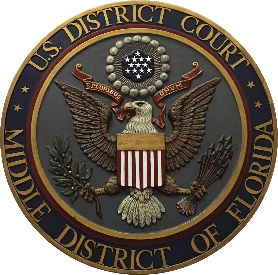What is “Funding a Trust’ and Why Is It Important?
Creating a Revocable Living Trust involves two important steps. First is creating the actual trust agreement, which is essentially your instructions on how to manage your trust assets. Second is transferring your assets into the trust—also known as funding the trust.
This process of transferring ownership is different for different types of assets. Here’s a quick overview of a few of the more common assets and how ownership is transferred.
Bank Accounts
Each banking institution has its own specific process, but you can work with your banker to transfer ownership of your bank accounts to your trust. This may involve closing the existing accounts and then re-opening them in the trust’s name. Certificates of Deposit (CDs) are different. Because there may be a penalty for early withdrawal, you may need to wait for your CDs to mature before making changes to how they’re titled.
Real Estate
Transferring real property into a trust is a bit more complicated. A quitclaim deed is often used to transfer real property into a trust. But be aware that real estate transfers can incur taxes and other fees. A property subject to a mortgage or to a homeowner’s association may have additional hurdles to overcome in the form of required approvals for the transfer. Moreover, real estate transfers are going to be state specific. When it comes to real estate transfers, proceed with caution or invest in the help of a professional.
Personal Property Titled with the State
Titled personal property—such as cars and boats—need to be re-titled in the trust’s name. Be sure to find out first if the process will trigger any significant taxes or fees. Of note, Florida law makes it fairly simple to transfer title of a car to an heir after the owner’s death.
Two additional things to consider when transferring titled personal property: loans and insurance. Transferring personal property that is subject to a loan requires the lender’s approval. And be sure to check with your insurer to see if a transfer of title will affect premiums.
Life Insurance Policy
You can use a power of attorney to manage your life insurance policy in case you become incapacitated. Or you can name your trust as the owner or as a beneficiary of your life insurance policy. Using a power of attorney to manage your life insurance policy and keeping the policy in your own name is sometimes a better option. This is because in some states, the cash value of a policy is only protected against creditors if the policy is owned by the individual.
Contact a Florida Estate Planning Attorney
The funding process can be full of twists and turns. We can help navigate the process of properly funding your trust. Call us at 941-914-9145 or fill out or contact form and we will be in touch to schedule a meeting.






